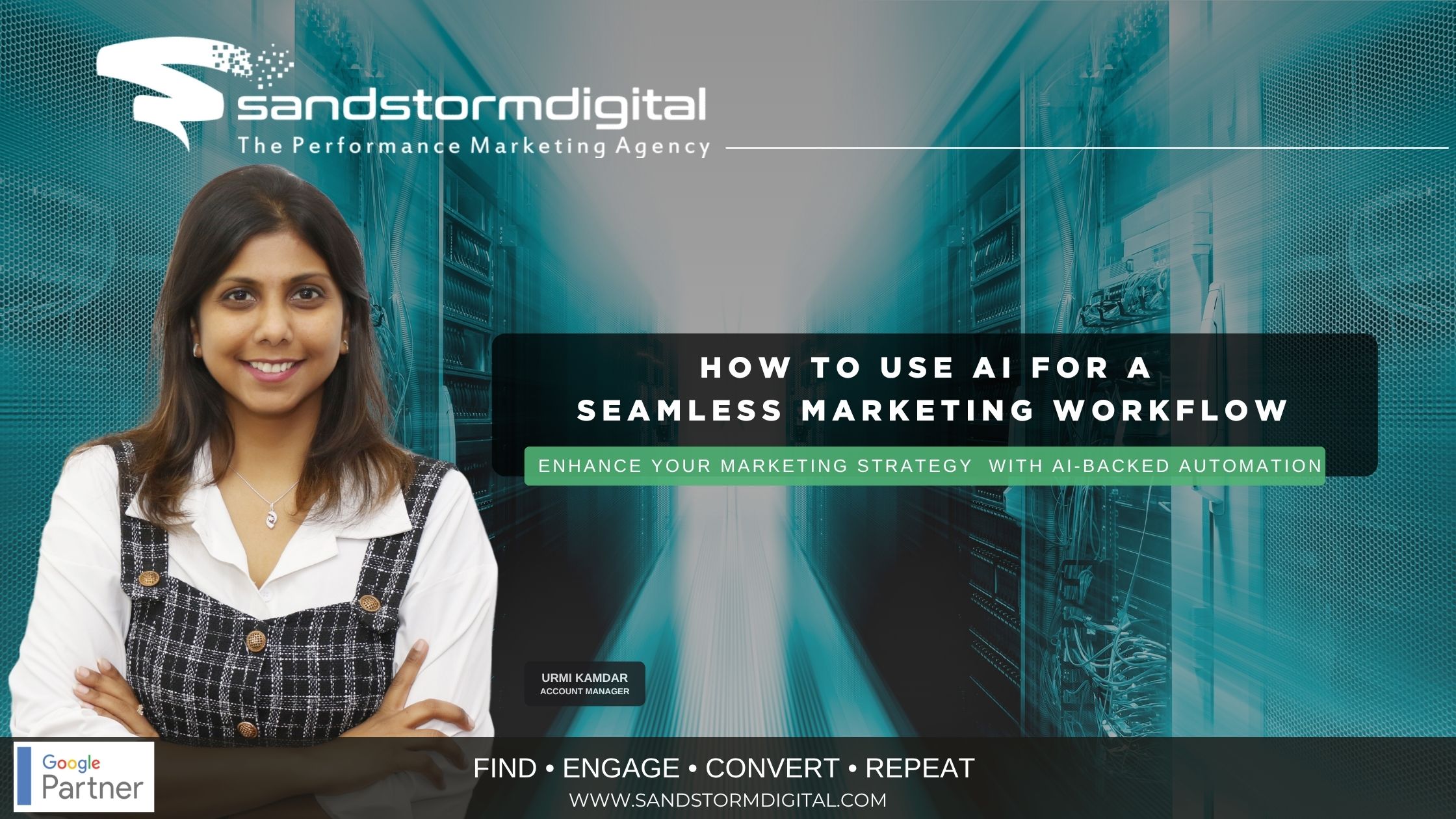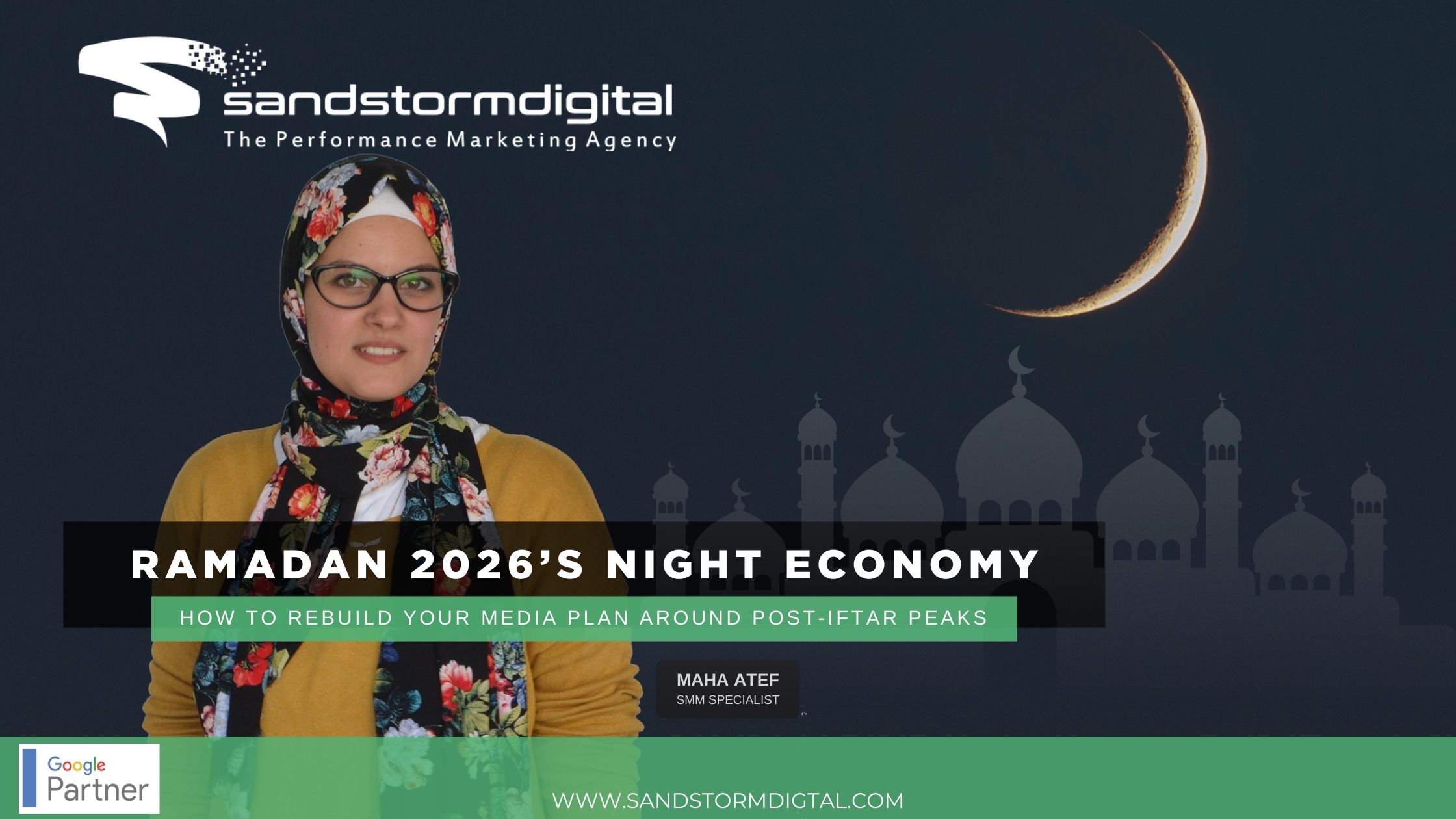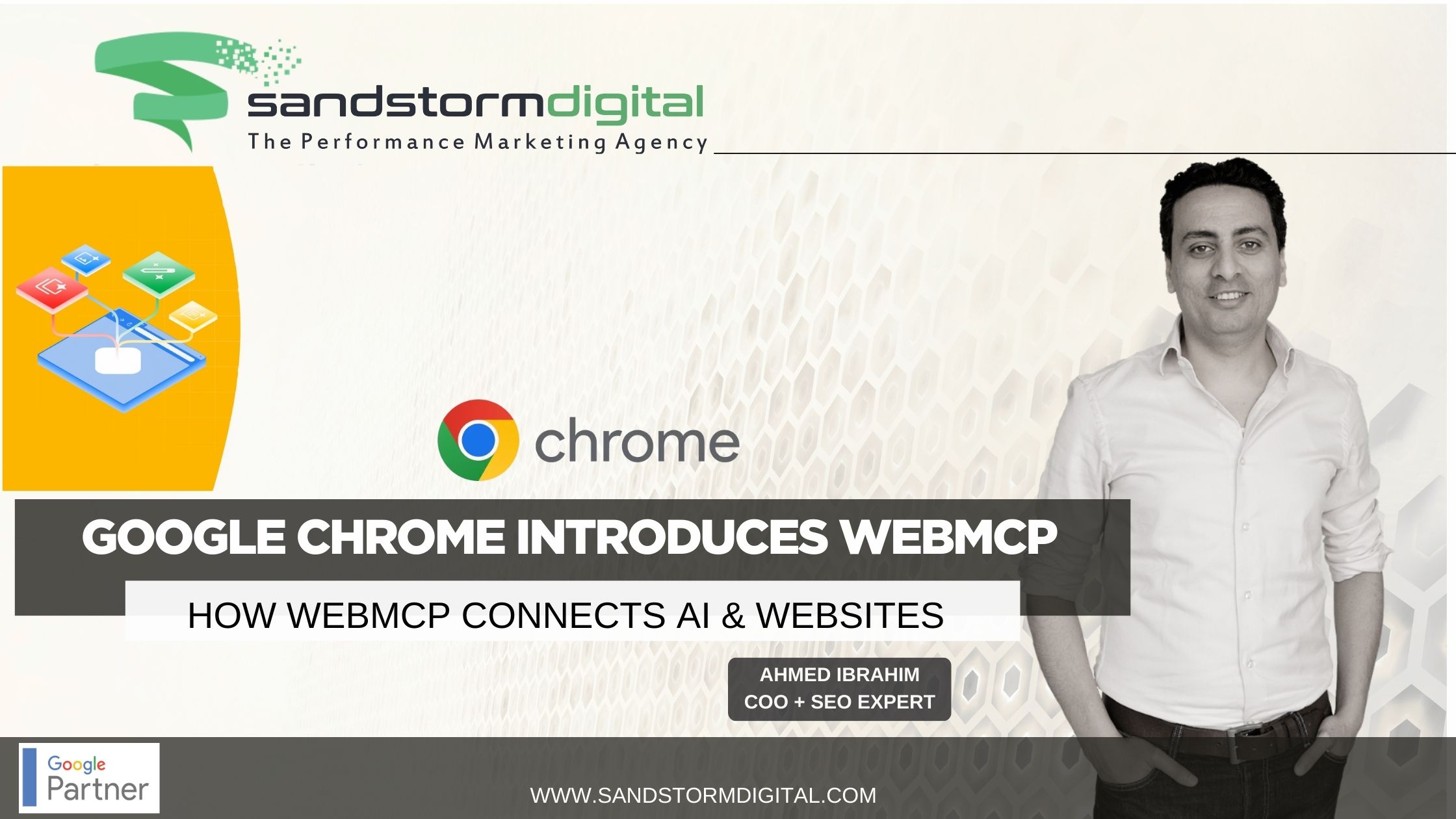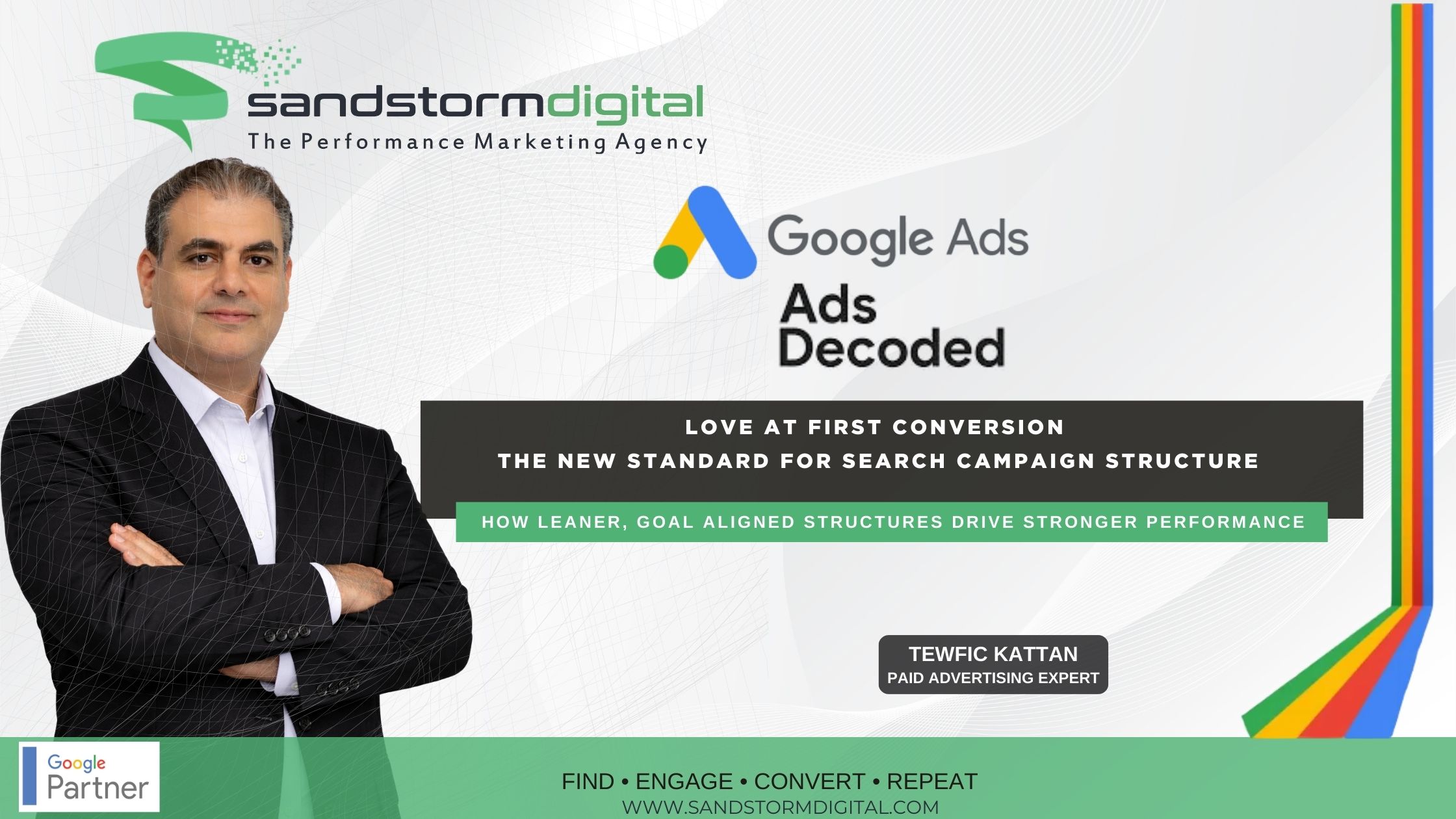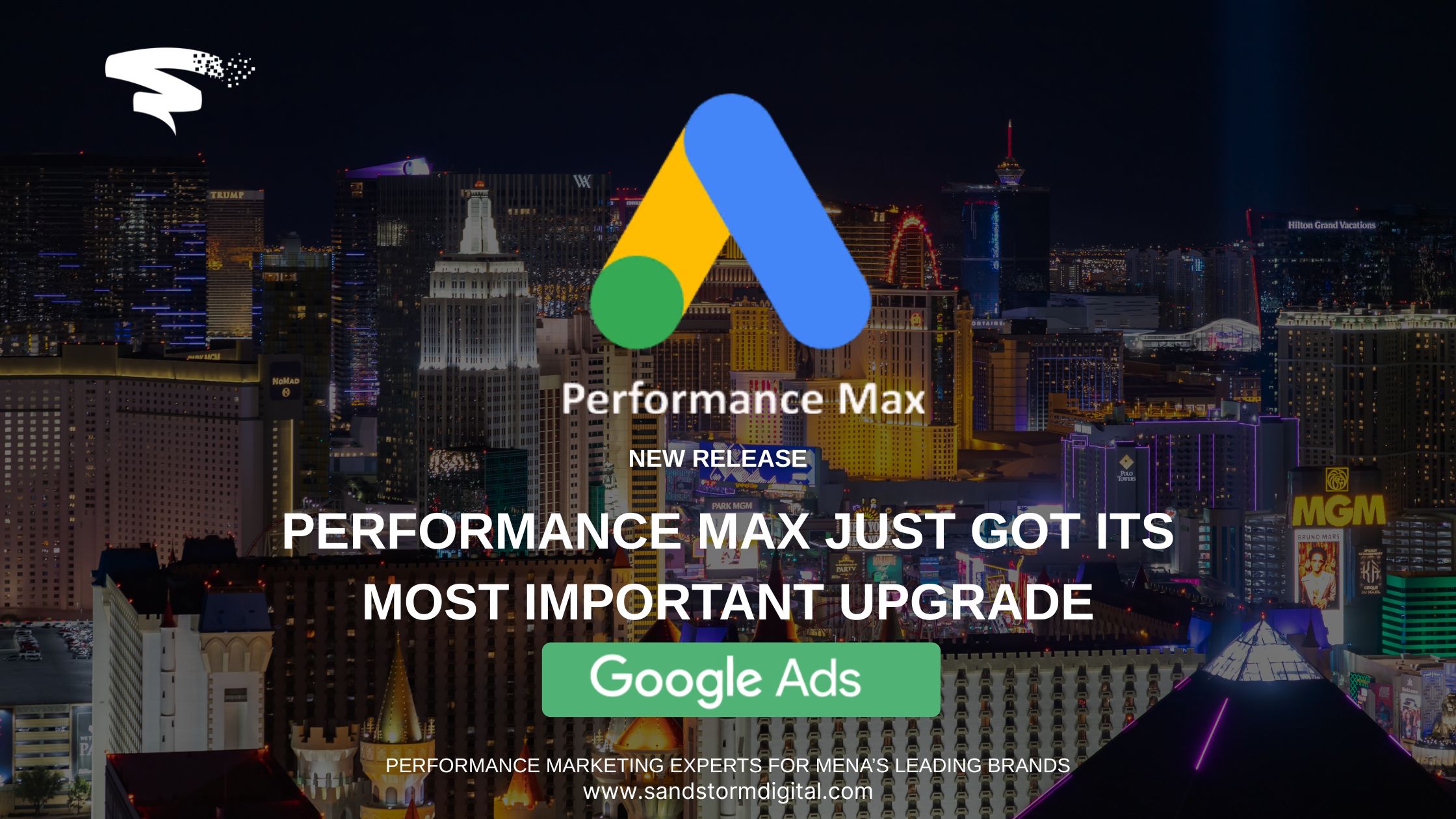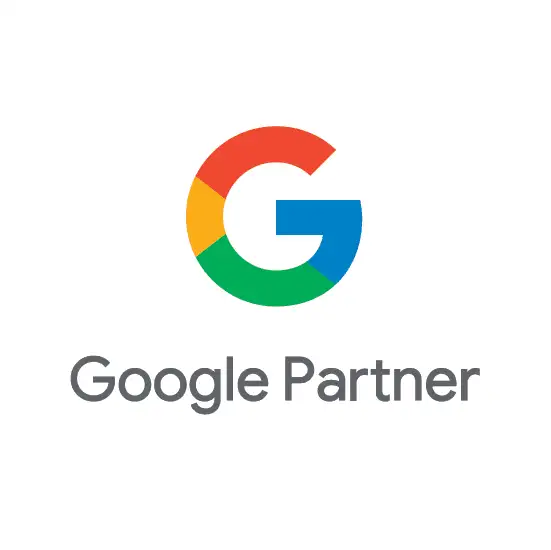Artificial Intelligence (AI) is a core driver of how brands create, deliver, and optimize their strategies. From analyzing massive amounts of customer data to automating repetitive tasks, AI-powered tools can supercharge productivity and unlock insights that lead to better results.
Below, we’ll explore how AI-backed automation can help streamline your marketing workflow, improve targeting, and create a more personalized customer experience.
1. Predictive Analytics: Turning Data into Foresight
AI tools can scan and analyze your marketing data at scale, uncovering patterns you might otherwise miss. Through predictive analytics, marketers can forecast:
- Customer behaviors
- Campaign outcomes
- Emerging trends
Tools like Google Analytics 4 now leverage AI to not only show you what happened but predict what’s likely to happen next. This means you can optimize campaigns in advance rather than reacting after the fact.
2. AI-Powered Chatbots: 24/7 Customer Engagement
Chatbots powered by AI can manage a high volume of customer interactions instantly answering FAQs, guiding purchases, and even handling basic troubleshooting. This ensures:
- Faster response times
- Increased availability
- Human agents free for complex queries
Most platforms integrate AI to make conversations feel natural while gathering valuable customer data in real time.
3. Automated Marketing Tasks: Efficiency Across the Board
From scheduling campaigns to routing leads, AI can handle the heavy lifting. Tools like HubSpot and Marketo connect your CRM, email, and analytics platforms so tasks flow seamlessly without manual intervention.
Integrated task automation can:
- Connect tools across departments
- Eliminate repetitive work
- Ensure nothing falls through the cracks
Key Aspects of AI-Powered Marketing Workflows
Content Creation
AI tools can generate content briefs, draft articles, and produce social media captions giving marketers a solid starting point while saving hours of brainstorming time.
Customer Segmentation
Machine learning algorithms analyze demographics, buying behavior, and engagement patterns to divide audiences into actionable segments for laser-focused campaigns.
Personalization
AI can dynamically adapt website layouts, recommend products, and tailor email content based on individual preferences and past behavior.
Data Analysis
AI can crunch massive datasets to uncover insights in seconds, allowing marketers to make informed, real-time decisions.
Workflow Optimization
From lead routing to appointment scheduling and report generation, AI keeps operations running smoothly so marketers can focus on strategy and creativity.
Customer Service
Chatbots and virtual assistants ensure that customers receive timely responses, creating a more positive brand experience.
Benefits of AI Automation in Marketing
- Increased Efficiency – Automates repetitive work so teams can focus on higher-value activities.
- Improved Targeting – AI-driven segmentation and personalization sharpen your message delivery.
- Enhanced Customer Experience – Personalized touchpoints and faster service boost satisfaction.
- Data-Driven Insights – Identify what works (and what doesn’t) using evidence, not guesswork.
- Reduced Costs – Streamlining processes minimizes labor costs and resource waste.
Takeaway
By integrating AI into your marketing workflow, you don’t just make processes faster, you make them smarter. Whether it’s predicting what your audience will do next, automating day-to-day tasks, or delivering hyper-personalized experiences, AI empowers teams to work more efficiently, engage customers more effectively, and drive measurable growth.
If your marketing strategy still relies heavily on manual processes, now’s the time to embrace AI-powered automation. The sooner you start, the sooner you’ll see the compounding benefits.

